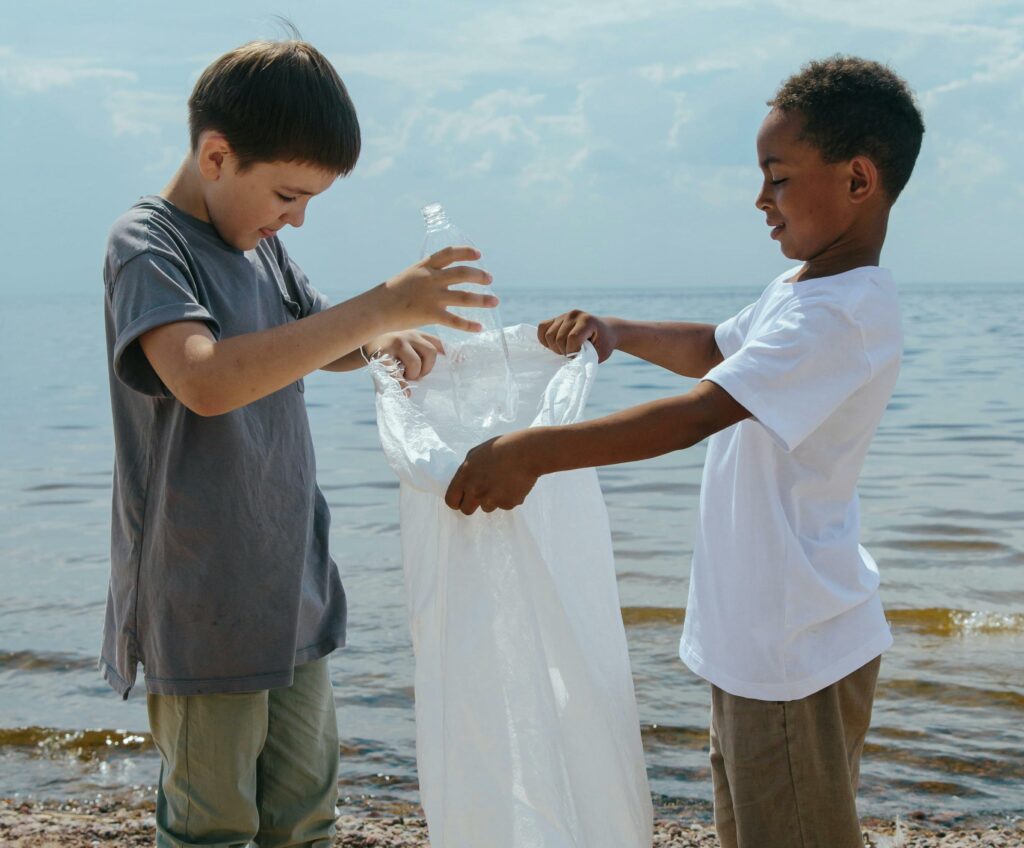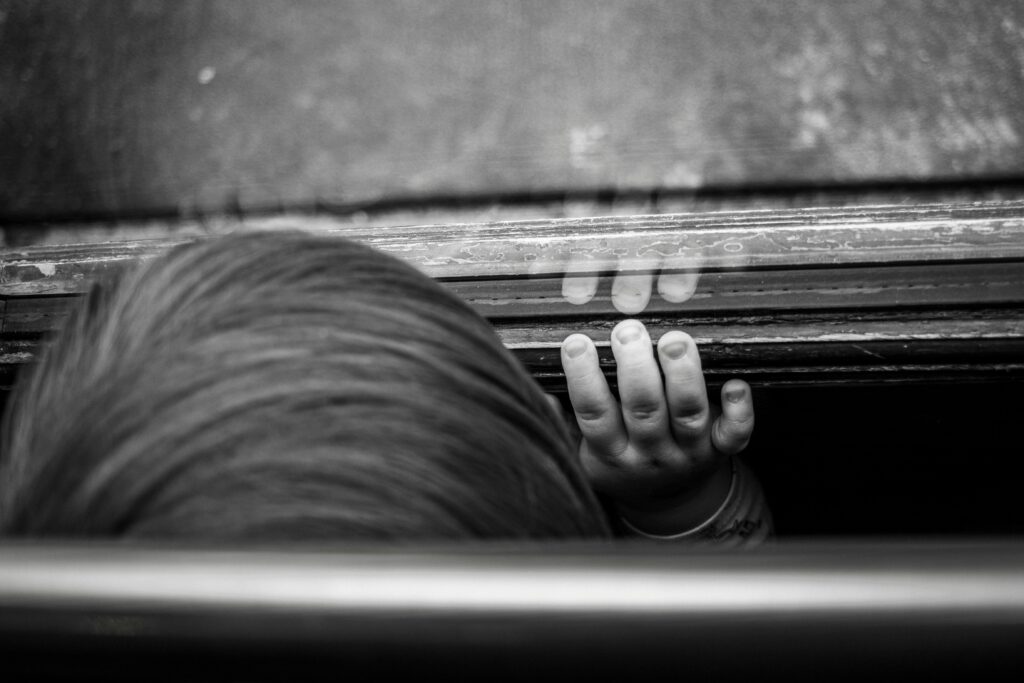Teaching your kids how to have healthy friendships is an essential skill that they will need throughout their life.
As your child enters their school years and beyond, they’ll need your guidance and support as they learn to navigate friendships.
Teaching Your Child to be a Good Friend
One of the best ways to teach your child to build healthy friendships is to teach them how to be a good friend themselves. Talk to your child often about the qualities that make a good friend and look for opportunities to reinforce those ideas. When your child acts as a good friend, let them know they are doing a good job. When reading books or watching shows, talk about the characters and how they are being a good friend. Here’s some examples of qualities to talk about:
Kind and Empathetic
Teaching your children to treat others the way they want to be treated is a great place to start when teaching kindness. Teach them to be thoughtful in their words and actions and to pay attention to other children’s facial expressions and reactions.
You can help children be an empathetic friend by teaching them to understand their own emotions and also by helping them reflect on how others feel. When a conflict arises, help your child break down how they felt in the situation, whether it’s angry, sad, or rejected. Then have your child put themselves in their friend’s shoes and imagine what their friend was feeling and how that might have affected their actions. Encourage your child to act only after they have sorted out their emotions and how their friend may have felt.
Good listener
Remind your child they have one mouth and two ears, and they should try to listen twice as much as they speak. Teach them how to be an active listener, where they look in the person’s eyes, give them their full attention, and be responsive.
Supportive
Encourage your child to be there for friends when they are down and to show them they care. Teach them how true friends build you up and support you through life’s challenges. Show them what this looks like, whether it’s just listening when a friend needs someone to talk to, reminding a friend of their good qualities when they are feeling down about themselves, or writing a note or card when they are sick or feeling sad.
Get Involved
Being involved in your child’s social life will allow you to help direct them towards friendships that are healthy and align with your family’s values.
Help your child develop healthy friendships by creating opportunities for them to grow. You may need to do some reaching out to facilitate meet ups. Invite your child’s friends to your home or set up play dates at parks, a library, or recreation center to give your child time with friends outside school.
You also can find ways to volunteer to get involved in their school or activities so you can get to know your child’s friends. This also will allow you to observe how your child is interacting with others so you can give them some guidance.
Healthy Friendship Drama
It’s normal for healthy friendships to have their ups and downs. Your child will need your help working through conflicts and drama with their friends. Teach your child to express how they feel to a friend who may have hurt their feelings or to apologize when they may have been the one to cause harm. These also are great opportunities to teach empathy (see above).
Toxic “Friends”
Not all friendships are good friendships. Your child may choose to be friends with someone who puts them down, is controlling, pressures them to do things they don’t want to, or may be unkind or a bully to them.
Help your child recognize when they’re in a toxic friendship and help them determine if they should work to fix the friendship or take a break. You can role play with your child to help figure out what to say to their friend if they want to try to fix the friendship. If it’s time to put a friendship on pause or to end it, help your child to make connections with other kids. You also can encourage your child to explore new interests to help fill the gap and move on.
Set an Example with Healthy Friendships
Your children learn from watching you, and they will model their friendships after your own relationships. Model good relationships with other family members, your spouse or partner, and your friends. When conflicts arise, let your child observe how you reach a resolution, compromise, or apologize. Identify if you have toxic relationships that may be harmful to you and set a bad example to your children. Also, remember that your own interactions with your child set the example for how they should interact with friends, and it’s just one more reason to be a kind and supportive parent.


